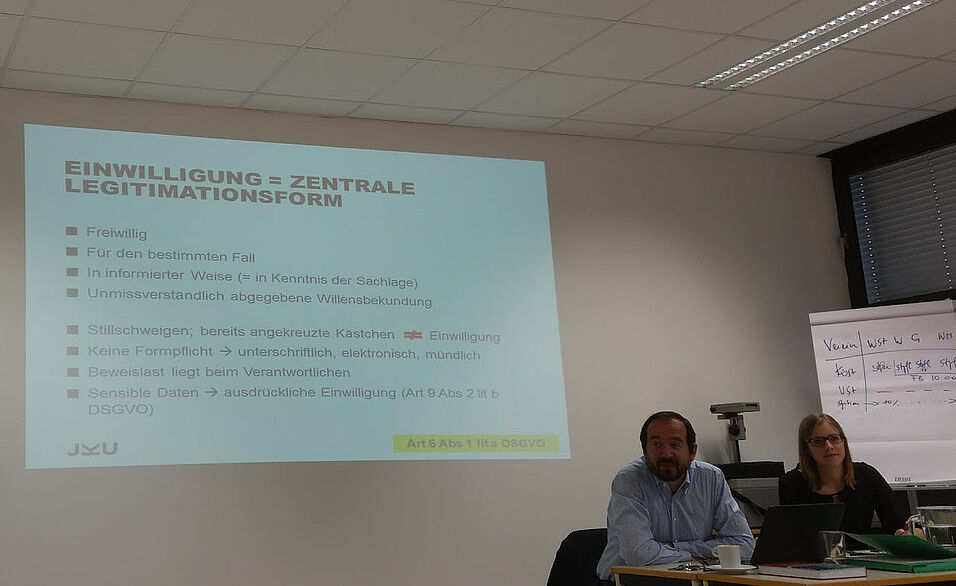A quick trip to a new and exciting city. The map on your smartphone provides guidance in small alleys and at big plazas, identifying the next tourist hotspot. The smartwatch with the heartrate monitor shows that the walking tour may be more exhausting than one cares to admit. The laptop in the hotel room later on provides insight into who instantaneously commented on geotagged pictures, despite being hundreds of kilometers away from home.
Mobile devices have created an invisible, but tight net of information. Often related to business interests, this net manifested and expanded in just a few short years, becoming part of everyday life for a large percentage of the population. Thus, the new data protection guideline of the European Union aims to provide a legal framework, regarding the collection and usage of such information.
Both developments are of uttermost interest to AUSSDA, as “big data” based information, as well as associated legal frameworks will be central for the social sciences as well. Data that includes geo-tags and traced biological as well as behavioral information is much more detailed than any survey data could ever be. Therefore, we cooperate with Prof. Batinic and his team, financed by a grant of the LIT –Linzer Institute of Technology –, on one of the first social scientific big data projects in Austria. Observing the project, participating in workshops and discussing with legal advisors, we develop workflows and services that will help us to archive and distribute big data collections - in accordance to the 2018 data protection guidelines.
With this cooperation, we aim to fulfill the needs of researchers who are going to be interested in working with big data as well as help in protecting the individuals who participated in such studies.

